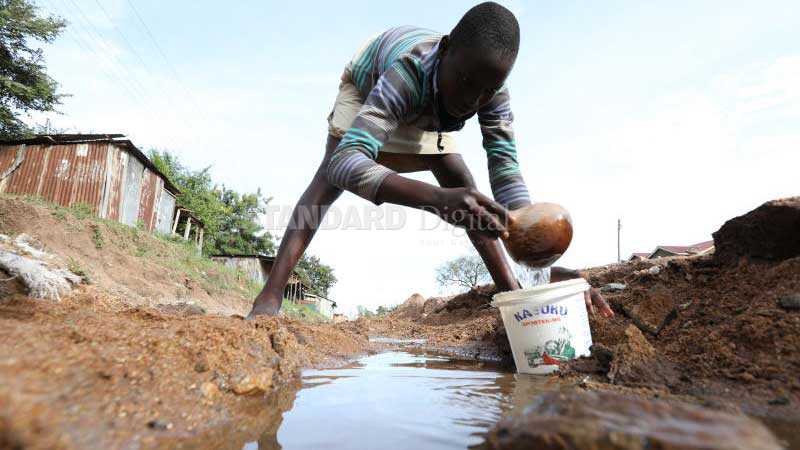
The next inter-tribal war in Kenya will not be about political power. We made it through 2013 and 2017 with no major issues which means we can do fine on this end. What Kenyans will fight over next will be natural resources starting with water. The signs are all over.
Interior Cabinet Secretary Fred Matiang’i got a taste of it first hand on Monday when a person was killed a stone throw away from where he was meeting local elders at Kamalong in Elgeyo Marakwet. In fact, 750 heads of cattle were stolen as fight for resources escalated in disregard of the presence of the third most powerful man in the country.